How to Use Minor Ingredients in Slow Rebound Foam Formulation?
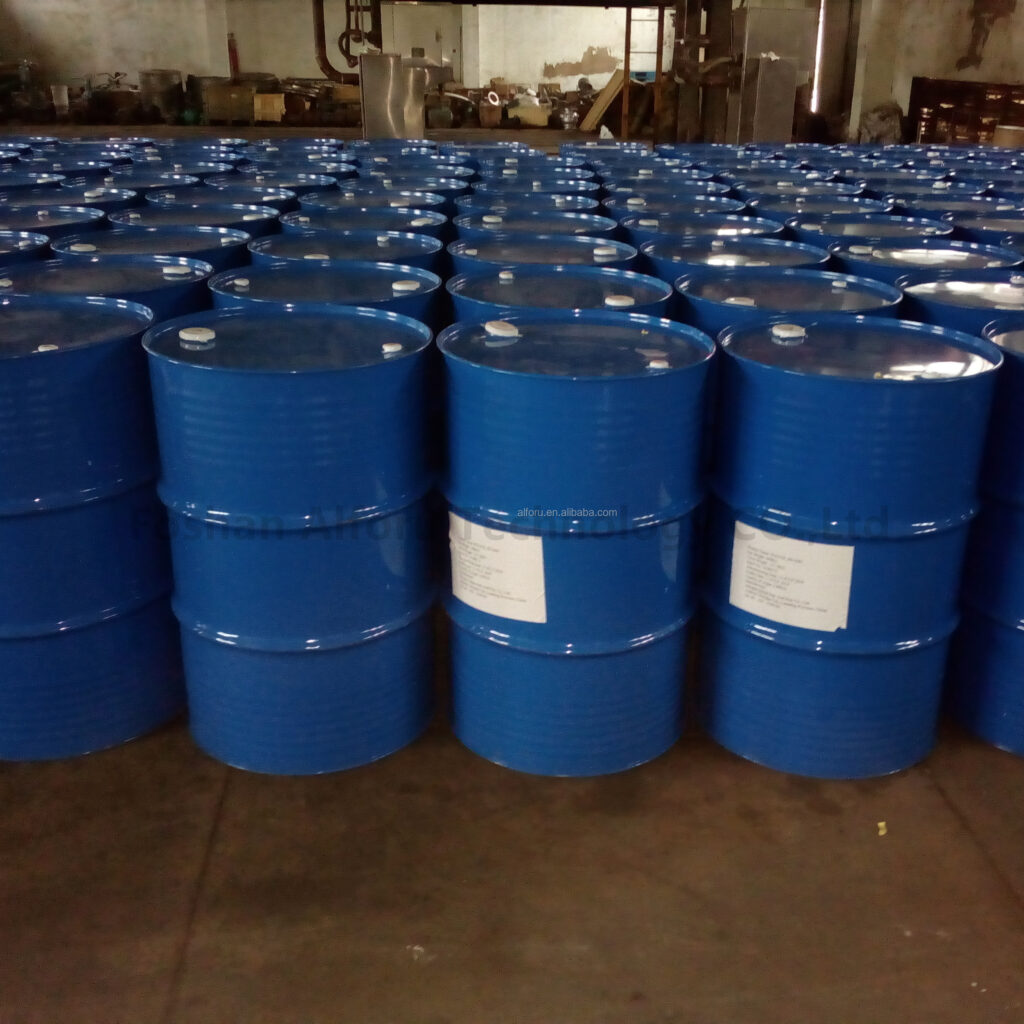
This article discusses the selection and use of minor ingredients in the formulation of slow rebound foam, highlighting the importance of choosing the right amines, tin catalysts, silicone oils, and pigments to ensure high-quality product outcomes.
What is the Impact of Polyurethane Raw Materials on the Production of Flexible PU Foam?
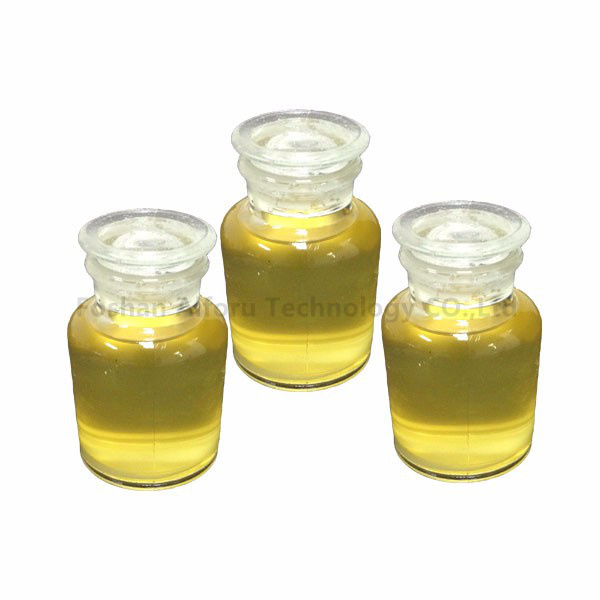
This article explores the impact of various polyurethane raw materials—such as polyether, foaming agents, TDI, catalysts, stabilizers, temperature, humidity, and atmospheric pressure—on the properties and production of flexible foam.
What is Isocyanate?
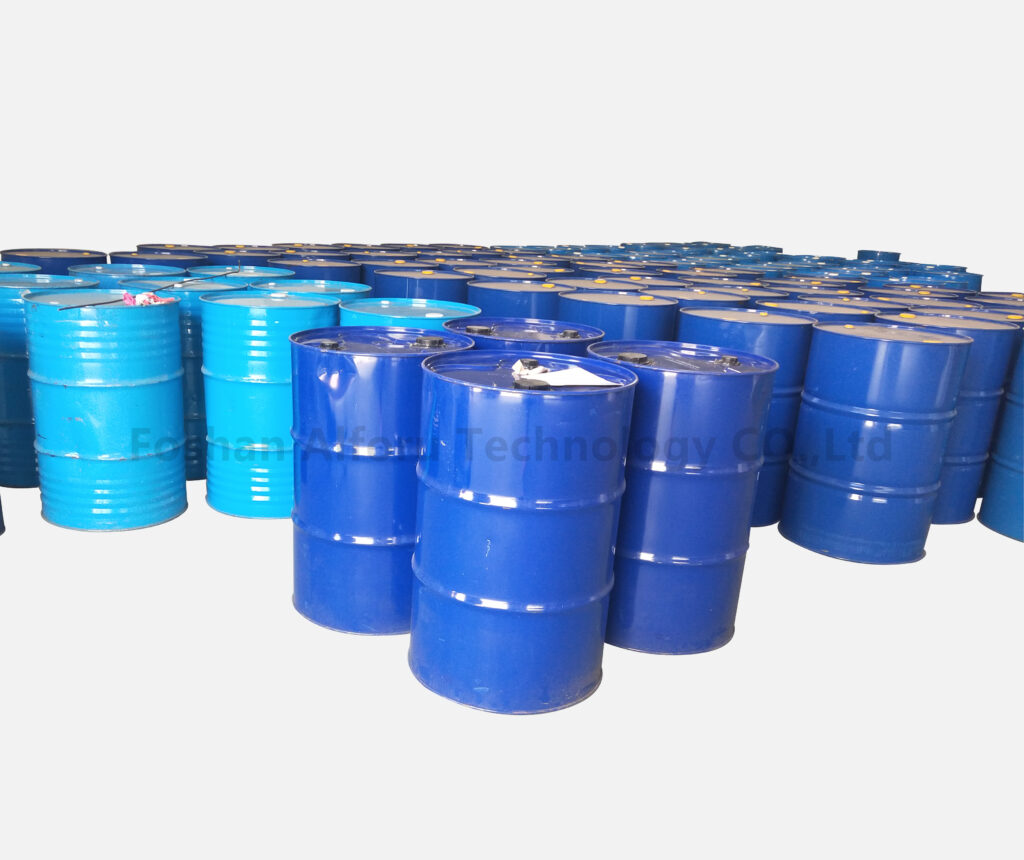
Isocyanates, crucial in polyurethane production, include TDI variants (2,4-TDI, 2,6-TDI). TDI-100 suits castable polyurethane, T-80 is widely used, and T-65 is for high-rebound foams. Reactivity varies due to molecular structures. TDI is a transparent liquid with a coloration tendency, distinctive odor, and solidification point influenced by composition.
Transformative polyurethane: changing the world
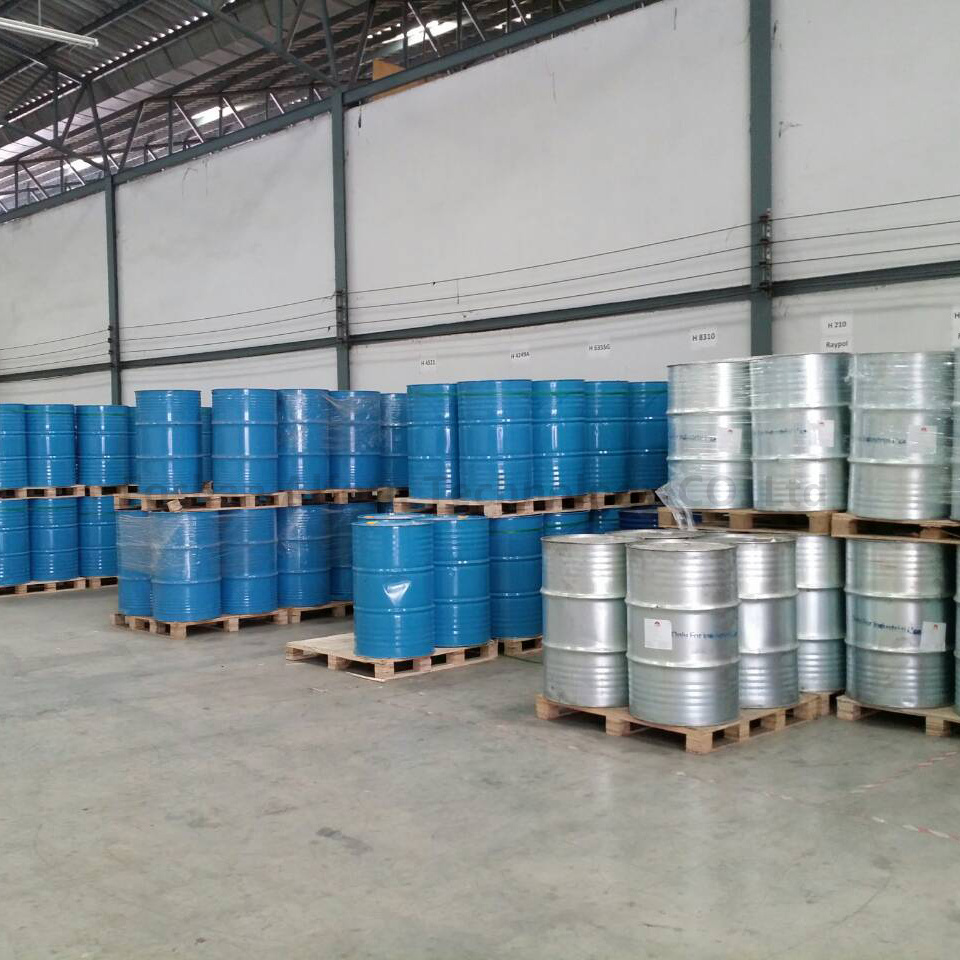
Polyurethane, a versatile polymer, is acclaimed for its transformative impact across diverse sectors. Evaluation of polyurethane adhesives encompasses sensory and quantitative testing methods, ensuring comprehensive assessments of bonding effectiveness on various substrates. Choosing appropriate evaluation criteria aligns with specific bonding applications, fostering the material’s wide-ranging applications.
How to choose PU binder(MDI) for rebonded foam?
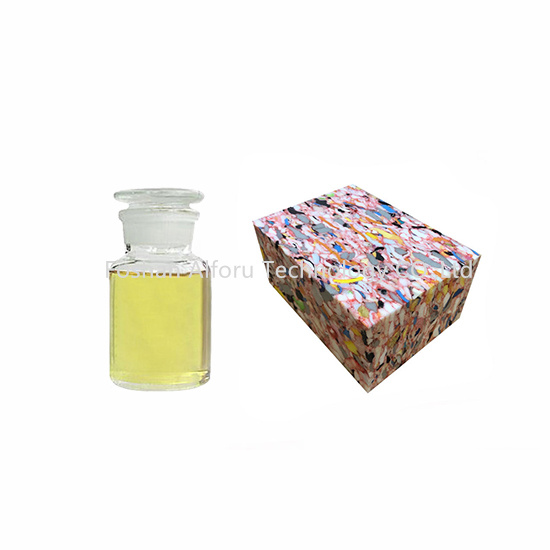
When it comes to choose the right MDI binder for your rebonded foam, there are several factors to consider . This includes the desired properties of the final product, the cost of production, the availability of raw materials, etc. Here are some advances to choose the right binder for your reference:
